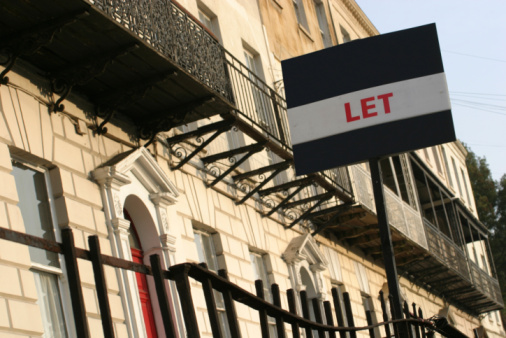New research from first direct shows the increasingly difficult task house buyers face, with rises in the cost of properties and required deposits far outstripping rises in income. The research found that since 1990, the average housing deposit has risen from £6,793 to an average of £65,924 in 2011. A combination of an increase in […]
 New research from first direct shows the increasingly difficult task house buyers face, with rises in the cost of properties and required deposits far outstripping rises in income.
New research from first direct shows the increasingly difficult task house buyers face, with rises in the cost of properties and required deposits far outstripping rises in income.
The research found that since 1990, the average housing deposit has risen from £6,793 to an average of £65,924 in 2011. A combination of an increase in house prices and a reduction in the amount of mortgage lending by many banks and building societies means that house buyers face an almost tenfold increase (9.7 times) in the required deposit on a property. House prices have also risen in the same period by a factor of 4.3. With the average household income having risen by just 2.5 times in the same period, buyers must now save for far longer to achieve this milestone purchase.
The research also found that 2010 was the most difficult year to buy a house in the past twenty years with the average house price 6.3 times the average household income, and the average deposit running at 1.7 times the average income. The most affordable years were 1995 and 1996, with the house price ratio at a low 3.4 and the deposit ratio also the lowest it has been at 0.3 times the average household income.
Bruno Genovese, senior savings product manager at first direct said,
“Much has been made of rising house prices, but the average deposit needed in the first place has actually risen more than twice as fast as house prices and almost four times as fast as income. This is why we are seeing first time buyers getting older, with more and more people struggling to get on the property ladder.
“In this climate, it really is important that people save as much as they can to raise the money for a deposit. Longer term savings accounts offer a better return and remove the temptation to dip into the funds so these are a good option for people determined to save.”













